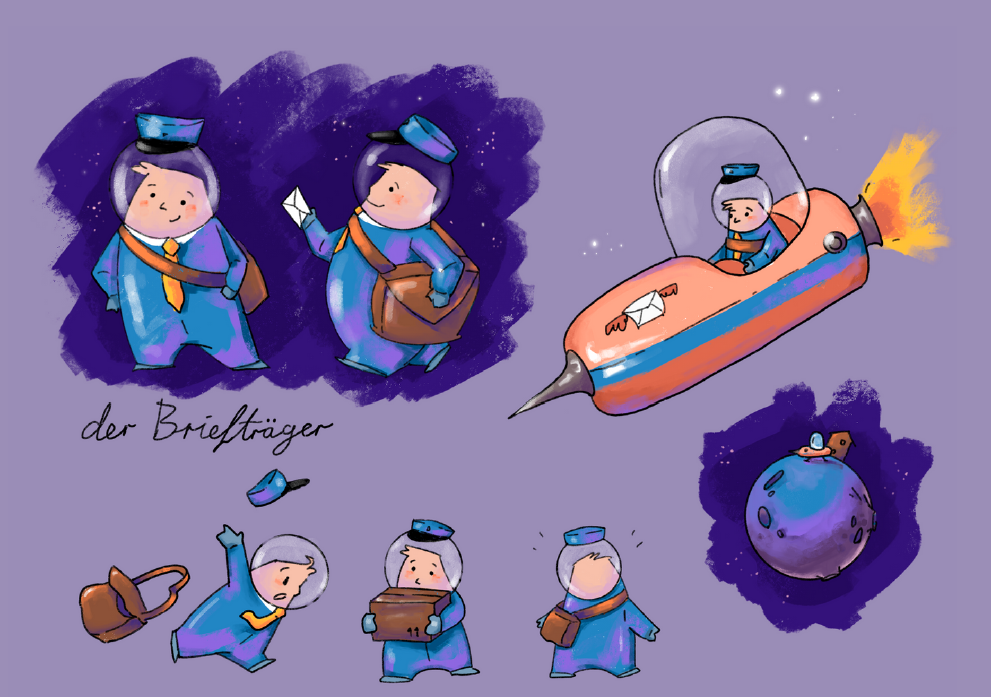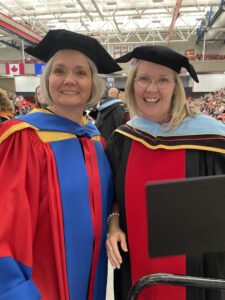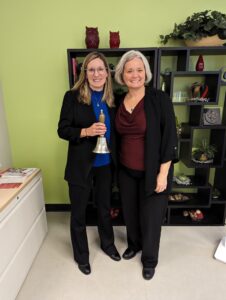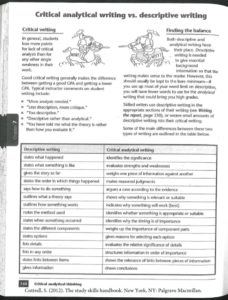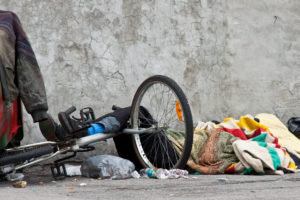
May 1, 2015 I officially began as a full-time academic. I had graduated in 2012 and worked as a sessional instructor while applying for faculty positions across Canada. Many applications (15+?) and 3 campus interviews later, I began at the Werklund School of Education as Instructor and Director, Teaching Across Borders (TAB). For the position, I was an “insider”, but I did not have a guarantee of the job. The experience of restarting the TAB program as a sessional instructor eight months previously was valuable in allowing me to speak to that experience during the job search experience. Five years after graduating, I reflected briefly on the accomplishments in those five years, but 2022 passed without the equivalent 10 year reflection. Clearly, it was a busy time academically and for me the milestone was no longer graduation, even though my university considers all career accomplishments when being reviewed on merit or promotion. It might even be tempting to let this milestone pass, but as I reflected on whether to do so, I recognized the value in reflecting upon the experience of going from Instructor to (hopefully soon) full professor in 10 years.
Coming from the relatively flat hierarchy of grade school teaching, the acceptance that academia is set up with ranks was the first hurdle to overcome. Applying for progression through the ranks can feel like self-promotion since the application requires focusing on one’s accomplishments. It makes most of us feel uncomfortable. I was initially hired into the Teaching stream (formerly called Instructor stream), so my first change was to transfer streams from teaching-focused to research-focused, an opportunity not all universities provide. This meant putting forward a case that I already had a portfolio of research akin to that of someone in the Teaching and Research stream (formerly known as professorial stream). The change is granted on one’s proven track record, with some emphasis on potential.
Once in the Teaching and Research stream, I worked toward tenure and promotion to Associate Professor. This was challenging as I had spent two years with the teaching load on the Instructor stream, but coming off of two years of sessional work in which I worked the equivalent of 12 and 13 courses respectively, it did not seem heavy to me. I thrived in the administrative appointment of TAB and strategically, I conducted research within the program, which augmented the impact of what I did as Director. Those years were productive as I got to the point where there was always research at different stages and as a result, at any given time, some articles were being written while others were being considered and still others were being published. I was granted tenure and promotion in July 2019.
Now, in May 2025, I await the decision of the Promotion committee regarding my application for full Professor. Deciding on the timing of going for full professor was challenging, as it is for many, since the list of requirements are both clear, but subject to interpretation. Recognizing that as a woman I might have a tendency to wait longer than necessary, I sought advice from trusted mentors prior to applying. Based on their advice, I decided on the strategy of “qualified” vs “over-qualified”. This means that I felt strongly that I had satisfied the requirements, but did not need until the various commitees would wonder why I had not applied years before. I say this, not knowing the results, but knowing that all committees have met and the decision has been made. Only the official letter is left, so I eagerly await the results. Achieving this milestone at the 10 years mark would be pretty special for me. I will keep you posted.
Update: As of July 1, 2025, I have achieved the rank of Professor.


